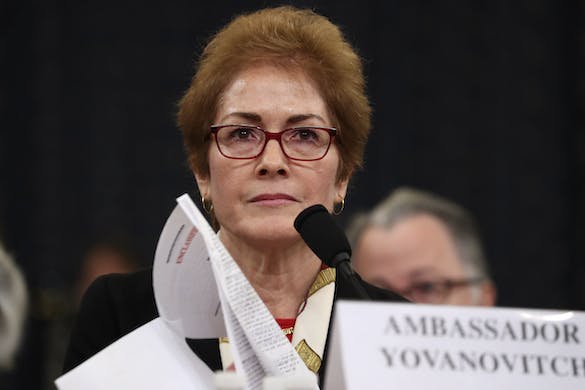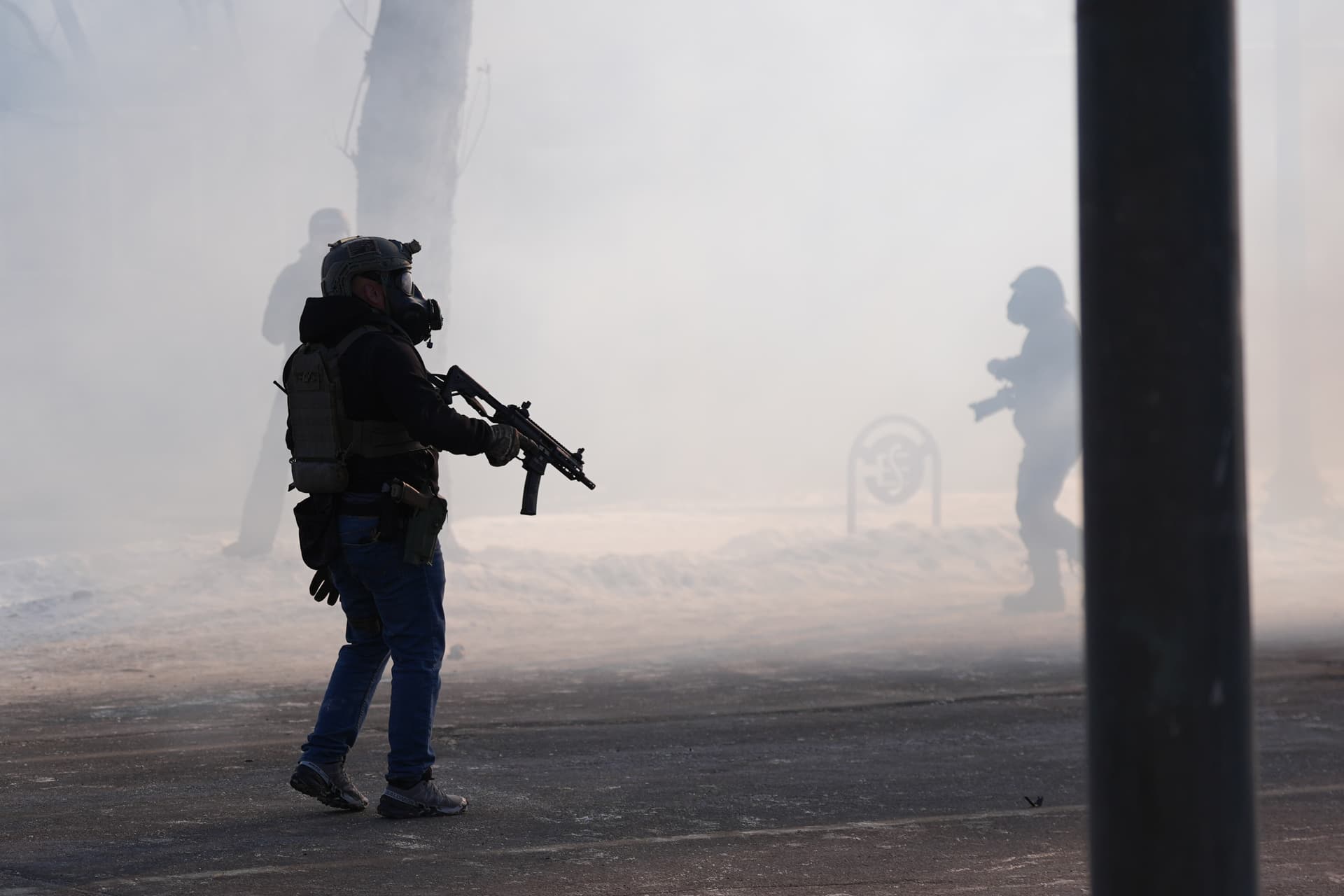
Redistricting Wars Kicked Off By Trump Poised To Linger Well Into 2028 Election Cycle
By MATTHEW RICE
|Might she not have been a little curious about Hunter Biden?

Already have a subscription? Sign in to continue reading
$0.01/day for 60 days
Cancel anytime
By continuing you agree to our Privacy Policy and Terms of Service.

By MATTHEW RICE
|
By LUKE FUNK
|
By WILL FRIEDWALD
|
By MATTHEW RICE
|
By DANIEL McCARTHY
|
By NOVI ZHUKOVSKY
|
By GEORGE WILL
|
By JOSEPH CURL
|